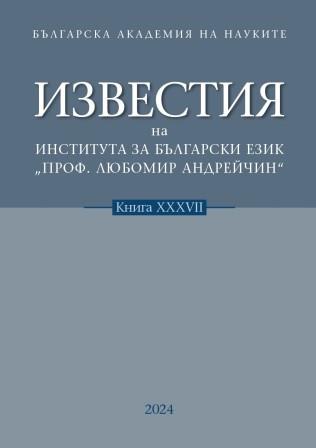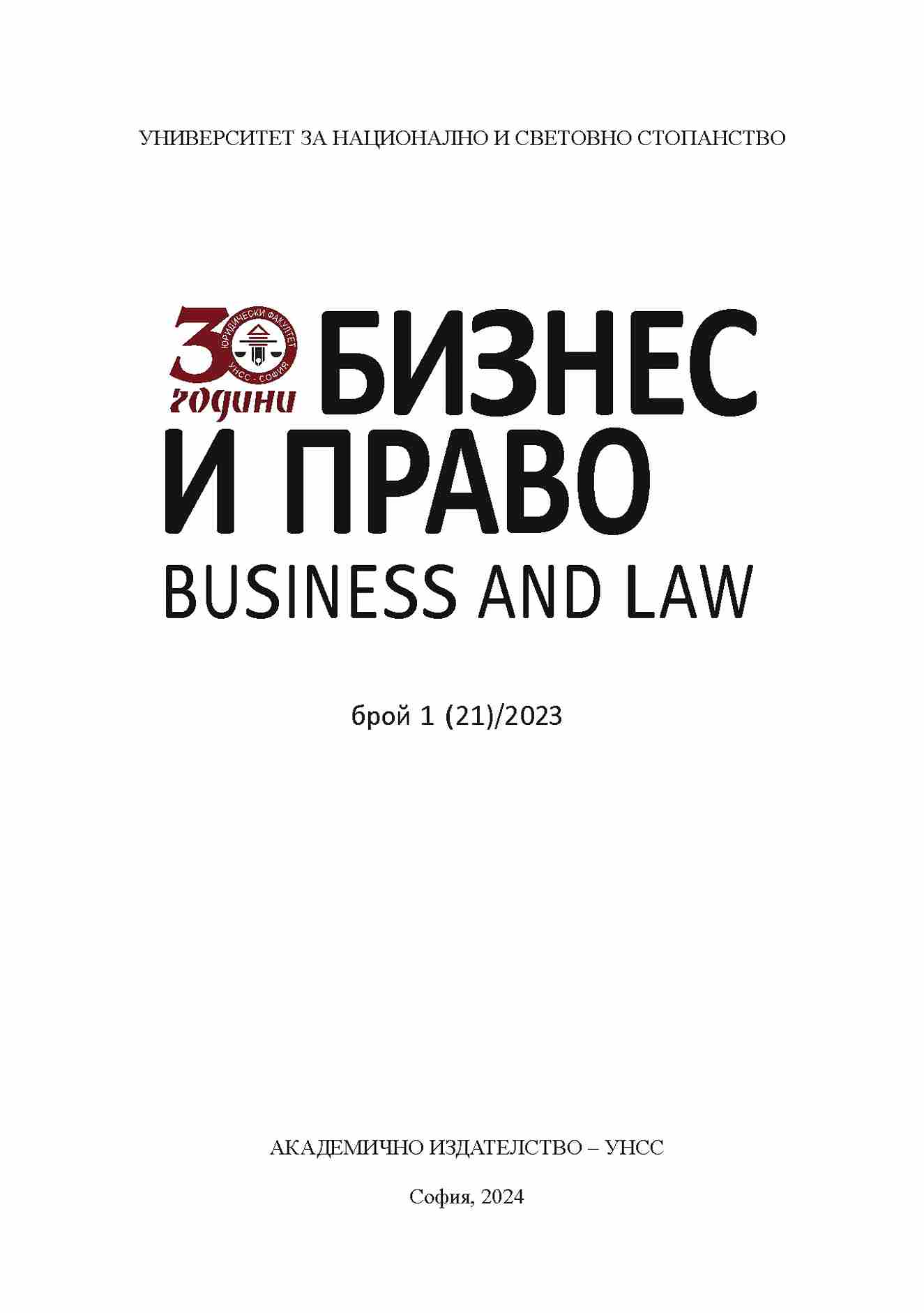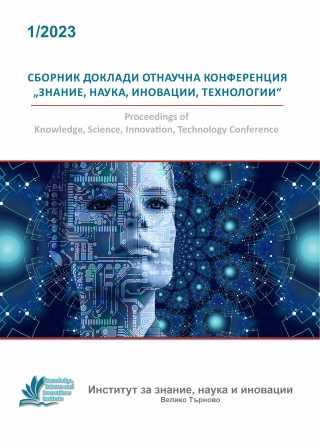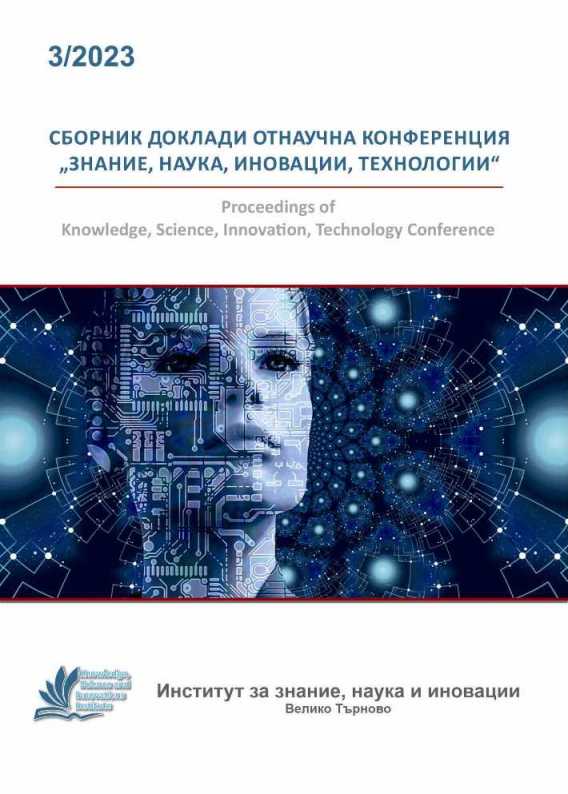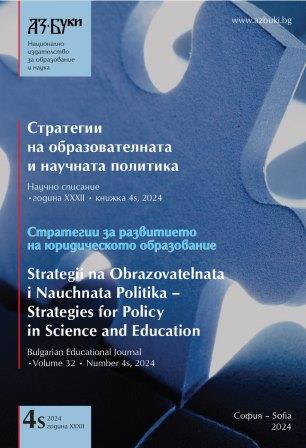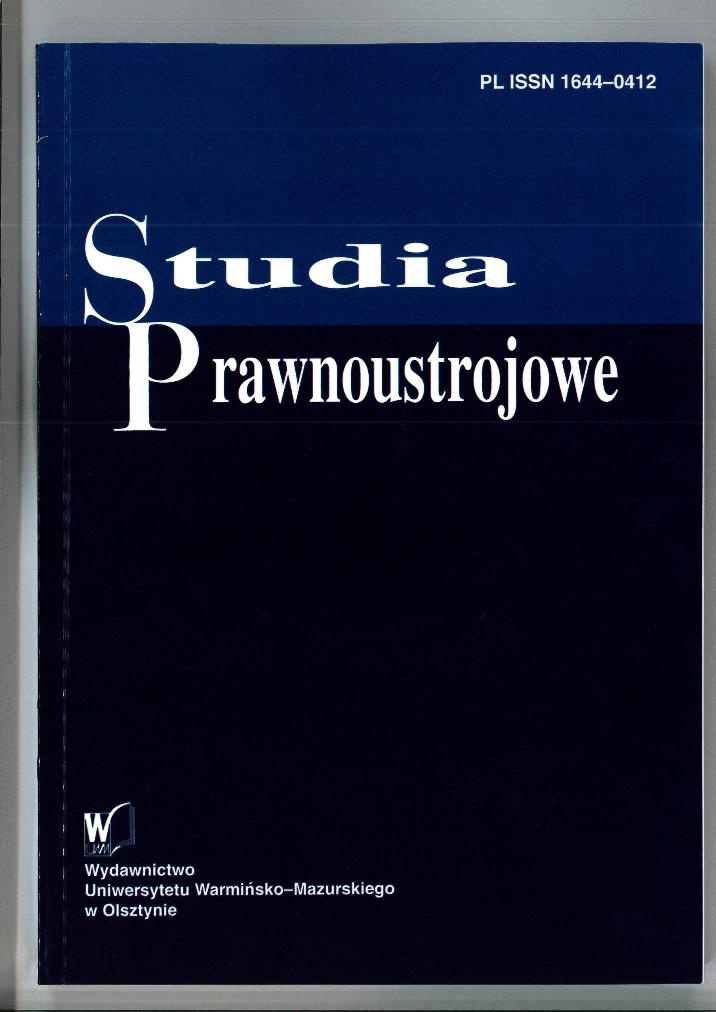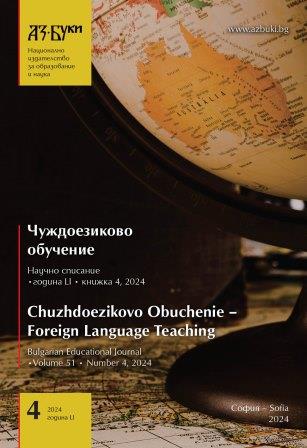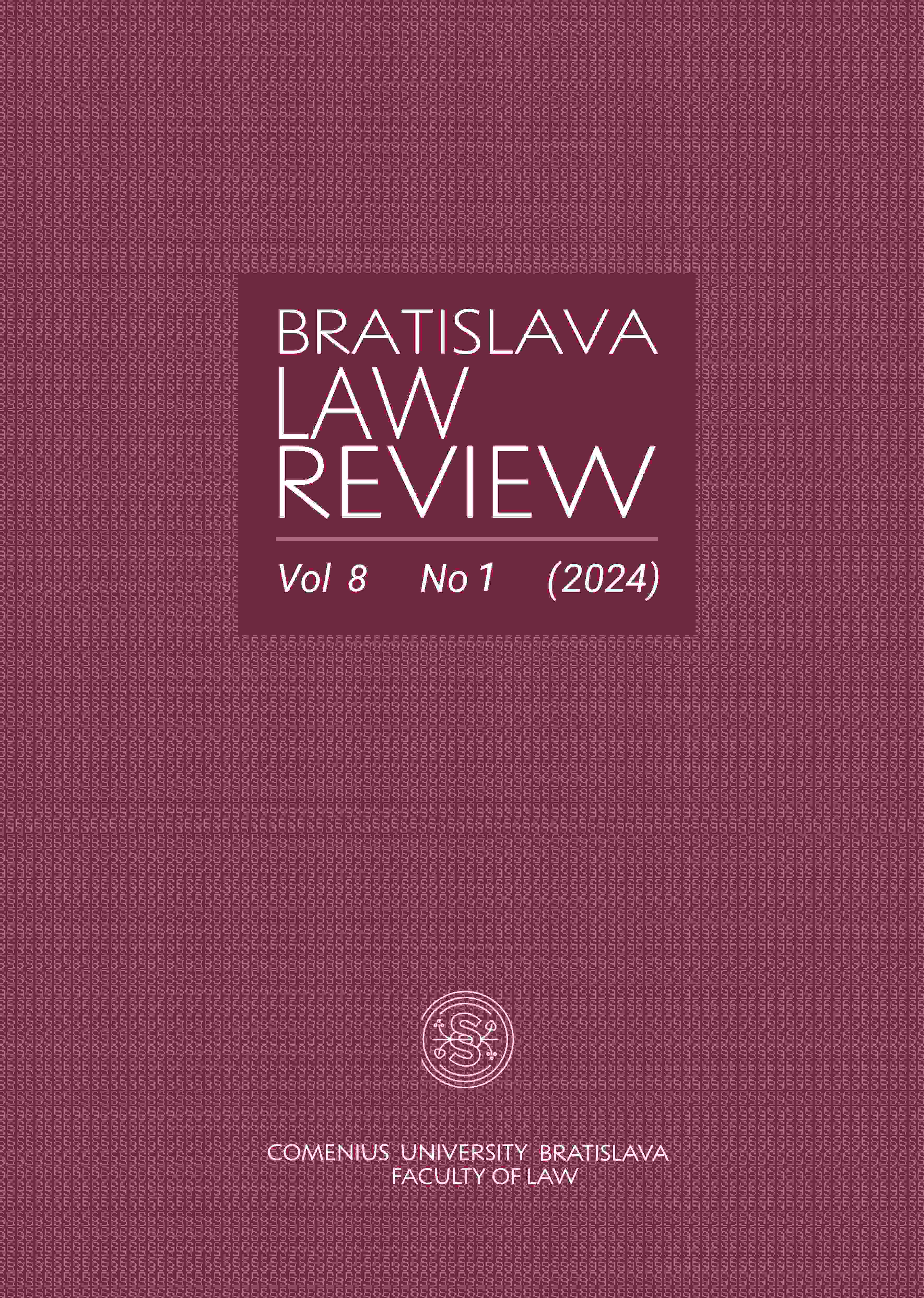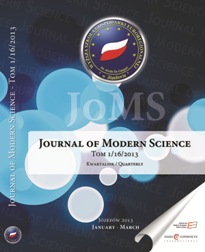
Edukacyjne aspekty bezpieczeństwa nowych technologii komunikacyjnych dla małoletnich w świetle Strategii Unii Europejskiej na rzecz lepszego Internetu dla dzieci (2012).
Technological changes in the field of communications services, determined by digitization and convergence processes have led to global changes in all spheres of life, forming the foundation of the information society, standing in front of important challenges in this rapidly growing area. Digitisation is approaching the base, transfer a variety of contents and forms, and distribution of audiovisual media and other services on – line - but none of these terms is not clearly defined, similar to the definition of the scope of the term electronic media. In the era of globalization, new technologies stimulates the development of all areas of life - from politics, economy, and the various aspects of social and cultural life, including education. The dynamics of technological is the main premiss of social communication paradigm change, making information society services a partof electronic communication network. The European Union provides the protection of minors [juveniles]. In that paper author discuss legal regulations and EU directives which are implementation of the European Strategy for a Better Internet for Children 2012.
More...
